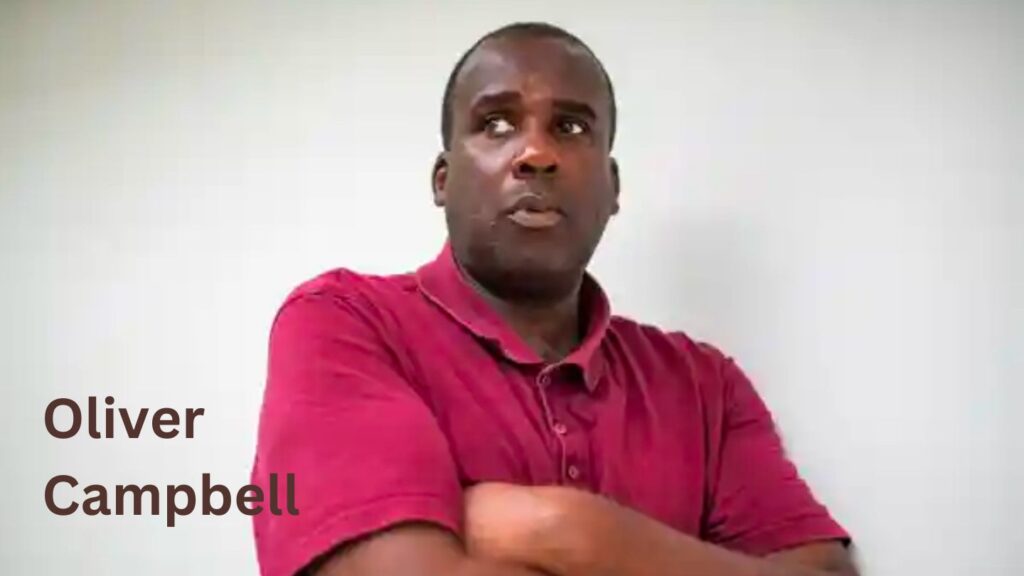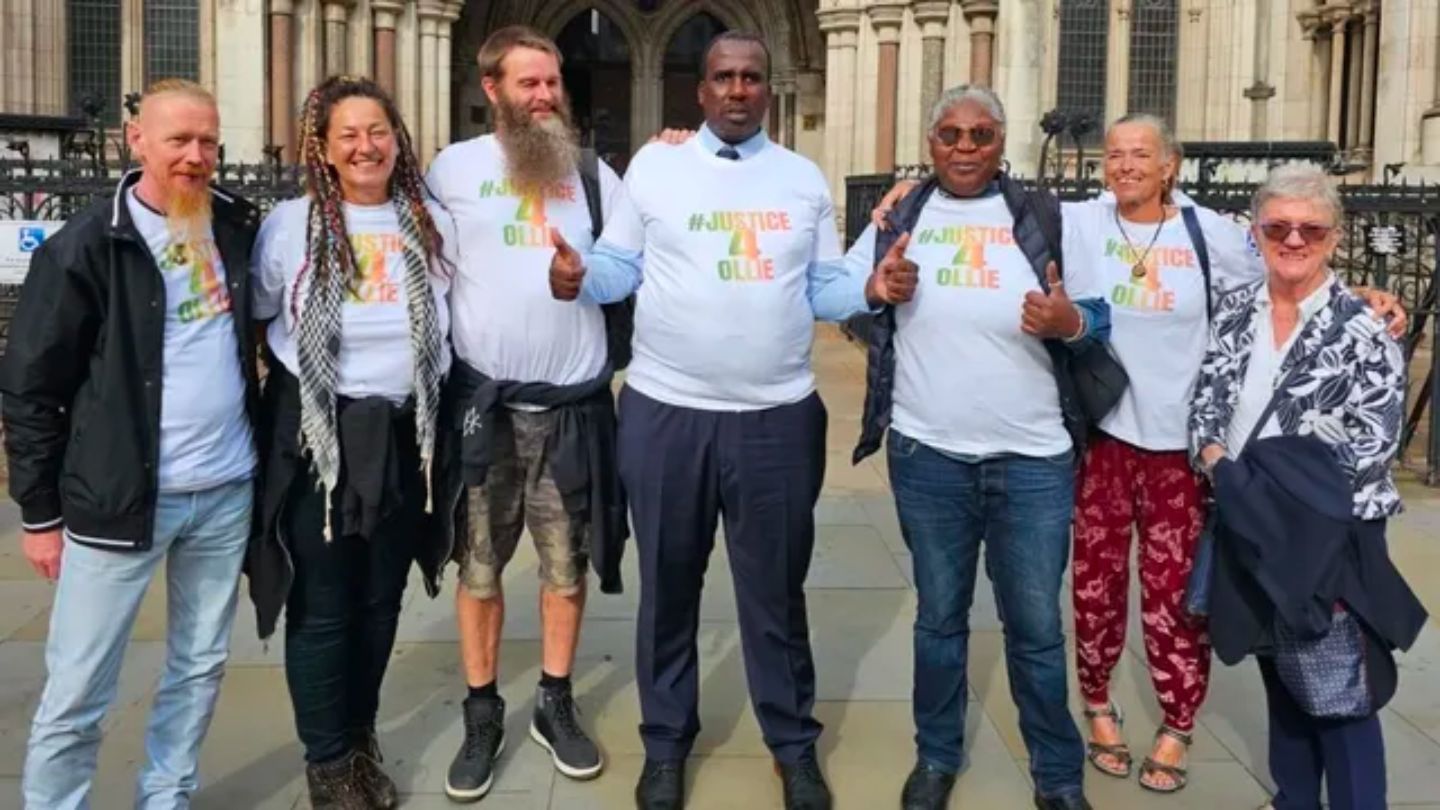Oliver Campbell, 53, is facing an upcoming appeal hearing. His life took a tragic turn in 1990 when a brain injury left him vulnerable. Campbell alleges that his subsequent imprisonment was due to pressure from law enforcement. Despite his troubled past filled with hardship, he now has an opportunity to seek justice at the appeal court.
Campbell’s attorneys argue that during his trial, the jury wasn’t informed about the full scope of his mental health challenges. Additionally, they assert that crucial evidence indicating another individual as the shooter was not presented.
Campbell, who is out of prison on parole, expressed his hopes before his upcoming appeal. He stated that if successful, the “chains” that have restricted him for 33 years would be lifted. However, he emphasised that he is not fully free because he remains under the control of the criminal justice system and the Home Office, which has the authority to revoke his parole at any time.
During questioning, the man admitted to detectives that he felt overwhelming coercion from the police. He depicted it as being confined in a room with no escape route, leaving him highly susceptible to their influence.
Oliver’s lawyers argue that during infancy, his brain sustained significant damage, resulting in severe impairments to his cognitive abilities. Specifically, he struggles with comprehending and retaining complex information, has limited capacity for critical thinking, and experiences difficulties in maintaining focus and recalling memories.
Campbell’s hat, found at the robbery site, linked him to the crime. Despite Campbell’s claim that the hat was stolen, hairs detected on the hat did not match his DNA, undermining his alibi.
Confessions obtained under duress

The defendant’s legal counsel emphasised that the primary evidence used against their client was his own statements made to the police. Allegedly, upon being arrested and transported to the police station, the defendant made certain remarks that indicated some familiarity with the details of the murder.
“He arrived at 7:50 a.m. and at 8:02 a.m. signed the custody record to confirm that he did not want a solicitor or anyone informed of his arrest.”
The confession obtained during the interview appears to be highly questionable due to the misleading tactics employed by the interviewing officers. The fact that the individual initially denied involvement but later confessed after being prompted with false information about leaving their hat at the scene raises concerns about the validity of the confession.
The detectives’ use of misleading suggestions, exaggeration of evidence, and alternating between suggesting intentional and accidental involvement cast doubt on the reliability of the confession. It is possible that the individual felt coerced or pressured into confessing due to the tactics used by the officers.
In such cases, the confession may not hold up in court, especially if it can be argued that it was obtained through coercion or manipulation. It underscores the importance of adhering to proper interrogation techniques and ensuring that individuals are provided with legal representation during questioning to safeguard against potential abuses of power.
Oliver Campbell was imprisoned in December 1991 for the murder of Baldev Hoondle in Hackney, east London. Hoondle was shot in the back of the head during a struggle with two robbers at his off-licence. Campbell was released on licence in 2002 but remains under restrictions, needing permission for employment and unable to travel abroad.
Campbell maintains his innocence, asserting that the true perpetrator remains at large and that Handle’s family and friends have not received justice. Despite initially losing his appeal and having a subsequent application rejected, Campbell’s case has been reconsidered by the Criminal Cases Review Commission (CCRC), which has acknowledged the potential for a miscarriage of justice.
Campbell’s legal team hopes to convince the court to recognize the injustice he has endured and potentially overturn his conviction. While they cannot reclaim the lost years, they seek acknowledgment of the wrongful conviction and its consequences for Campbell’s life.




